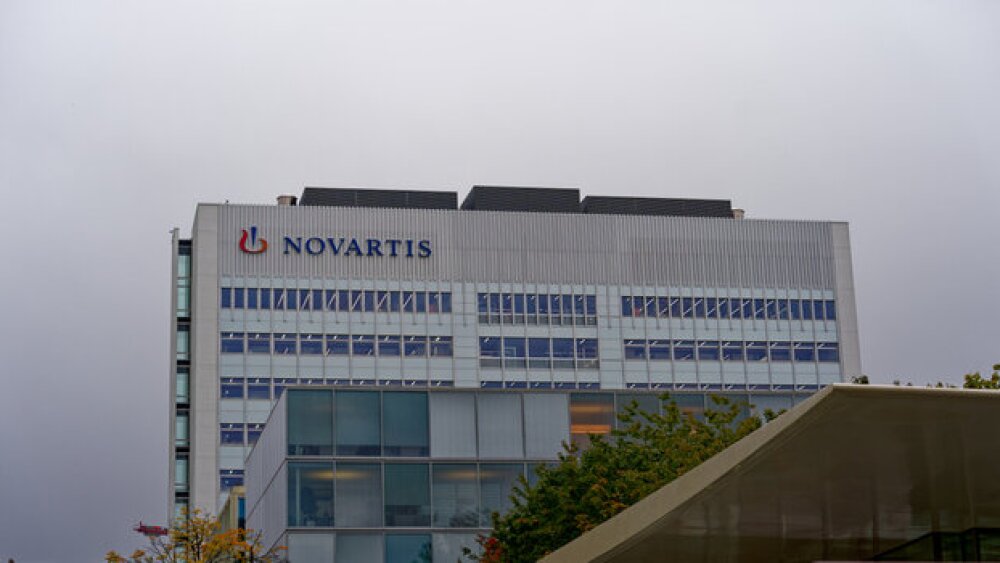Amid one of the industry’s steepest patent cliffs, the regulator Thursday approved Sandoz’s Tyruko, the first biosimilar for treating relapsing multiple sclerosis in adults. Sandoz is a division of Novartis.
Pictured: Novartis office in Switzerland/iStock, Michael Derrer Fuchs
The FDA on Thursday approved Sandoz’s Tyruko (natalizumab-sztn), a biosimilar of Biogen’s blockbuster treatment Tysabri (natalizumab), a monotherapy for the treatment of adults with relapsing forms of multiple sclerosis.
Tyruko is also indicated for inducing and maintaining clinical response and remission in patients with Crohn’s disease with evidence of inflammation, and who are either unable to tolerate or show an inadequate response to conventional therapies.
Sandoz is the generics and biosimilars arm of Swiss pharma Novartis, which in August 2022 announced that it was spinning the division off into a standalone entity, scheduled for the fourth quarter of this year.
With Thursday’s approval, Tyruko becomes “the first biosimilar product indicated to treat relapsing forms of multiple sclerosis,” Sarah Yim, director of the FDA’s Office of Therapeutic Biologics and Biosimilars, said in a statement.
The regulator’s decision will also contribute to a “competitive marketplace for biologic products and ultimately empowers patients by helping to increase access to safe, effective and high-quality medications at potentially lower cost,” Yim said.
Like its branded counterpart, Tyruko will carry a boxed warning for the opportunistic viral infection progressive multifocal leukoencephalopathy, which affects the brain and can typically lead to death or severe disability. Patients positive for antibodies against the JC virus and who have a history of immunosuppressant use are more likely to develop this complication.
Because of this risk, Tyruko will only be available through a Risk Evaluation and Mitigation Strategy program.
Tyruko’s approval comes as the biopharma industry hits one of its steepest patent cliffs, making room for a growing wave of biosimilar competition.
In July, a batch of biosimilars to AbbVie’s arthritis medication Humira (adalimumab) entered the U.S. market. This includes Celltrion’s Yuflyma and Organon and Samsung Bioepis’ Hadlima.
Sandoz also joins this group with Hyrimoz, which comes in a citrate-free, high-concentration formulation that allows a 50% reduction in injection volume and could lead to fewer injections in certain patients.
Despite not exactly replicating their branded counterparts, biosimilars are highly similar to biologic medicines and show no meaningful clinical difference. Biosimilars also pose healthy competition to branded therapies and help lower the overall cost of treatments, according to a recent study from the University of Southern California’s Leonard D. Schaeffer Center for Health Policy & Economics.
Tyruko is expected to have a similar effect on Tysabri, which has already taken a substantial sales hit this year. In the first half of 2023, Tysabri made $955.9 million, down from nearly $1.04 billion during the same period the prior year.
Tristan Manalac is an independent science writer based in Metro Manila, Philippines. He can be reached at tristan@tristanmanalac.com or tristan.manalac@biospace.com.






